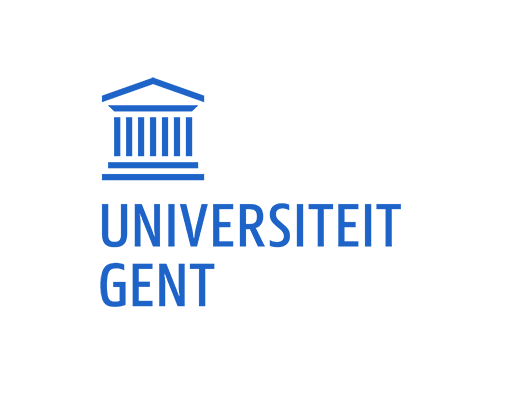Book in the making: ‘Teaching Sustainable Development: Ethical and political challenges’

SEDwise partners Katrien Van Poeck (Ghent University), Leif Östman (Uppsala University) and Johan Öhman (Örebro University) are editing a book on ‘Teaching Sustainable Development: Ethical and political challenges’. The book will be published by Routledge in 2019 in the book series ‘Routledge Studies in Sustainability’. In November 2017, the editors and contributors gathered for a writing seminar in Örebro. At the ECER conference in Bolzano (September 2018) they will meet again for a workshop on the draft manuscript.
Abstract:
Over the last decades, we have increasingly been confronted with fascinating, often complex sustainability issues: climate change, food crises, poverty, urbanisation, inequality, loss of biodiversity, etc. Worldwide, a consensus grows that the pursuit of sustainable development is one of the major societal challenges of our times and that education plays a vital role in tackling it. The United Nations adopted 17 Sustainable Development Goals to transform our world by ending poverty, protecting the planet, and ensuring prosperity for all. An utmost challenging ambition! As teaching and learning are widely considered to be vital elements for realising it, this book aims to support and inspire (future) teachers to contribute to much-needed processes of societal change, to develop teaching practices and professional identities that allow them to cope with the specificity of sustainability issues and, in particular, with the teaching challenges related to the ethical and political dimensions of sustainability education.
After all, the specificity of sustainability problems challenges traditional educational practices. Expert knowledge concerning these issues is often incomplete, fragmented, and uncertain which gives rise to scientific controversies. Furthermore, social and political controversy arises due to a lack of agreement on norms and values at stake and on the acceptability of goals and solutions. As such, sustainability issues are increasingly characterised as problems without clear-cut solutions which are at odds with common conceptions of teaching and learning in terms of transferring unambiguous knowledge and acquiring specific skills, values and attitudes. All the same, however, the far-reaching consequences of sustainability problems underline the importance of not falling into undue relativism – a challenge which is particularly relevant in our times that have recently been labelled and criticised as a ‘Post-truth’ era. When, on the one hand, single ‘right’ answers do not exist and, on the other, the seriousness and urgency of the problems faced cannot be neglected, questions arise about what and how to teach and teachers are challenged to take on new roles.
This book brings together recent scholarship and high-quality research on these questions. The authors share an understanding of teaching sustainable development as not only a cognitive but also an ethical and political challenge: it is a matter of finding and implementing appropriate ways to deal with knowledge, (un)certainty, values and norms, ethical dilemmas, political controversies, concerns for the planet and its inhabitants, struggles over truth, etc. By translating state-of-the-art academic research results into practical knowledge, they aim to support (future) teachers to handle ethical and political challenges in sustainability education, nourish their professional reflection, inspire their teaching practice and offer teacher trainers a coherent theoretical framework and a wide range of empirically grounded knowledge that is useful for training programmes and courses.
The book consists of three parts. Part I broadly outlines the challenge of building a more sustainable world and raises some questions and concerns regarding how to understand and develop adequate educational practices in this respect. It offers insights and models for understanding the interesting yet ambiguous concept ‘sustainable development’ and the complex process of transforming society in a more sustainable direction and addresses the question what those insights imply in relation to education, i.e. when it comes to teaching and learning about such complex, ambiguous and contested concepts, processes and issues. Part II guides (future) teachers in how to prepare their courses and lessons and fosters reflection about how to position themselves and their teaching practices within a multiplicity of approaches to addressing the ethical and political dimension of sustainability education. The described and illustrated insights, models and typologies help to define education goals and intended learning outcomes, to select subject matter, to decide on suitable teaching methods, etc. Part III focuses on the performance of teaching practices. Whereas Part II aims to facilitate high-quality preparation for teaching sustainable development, this third and last part is focused on the concrete design, implementation and evaluation of the prepared practices. It offers the reader useful concepts, frameworks, and models which are illuminated by descriptions of practical examples.
